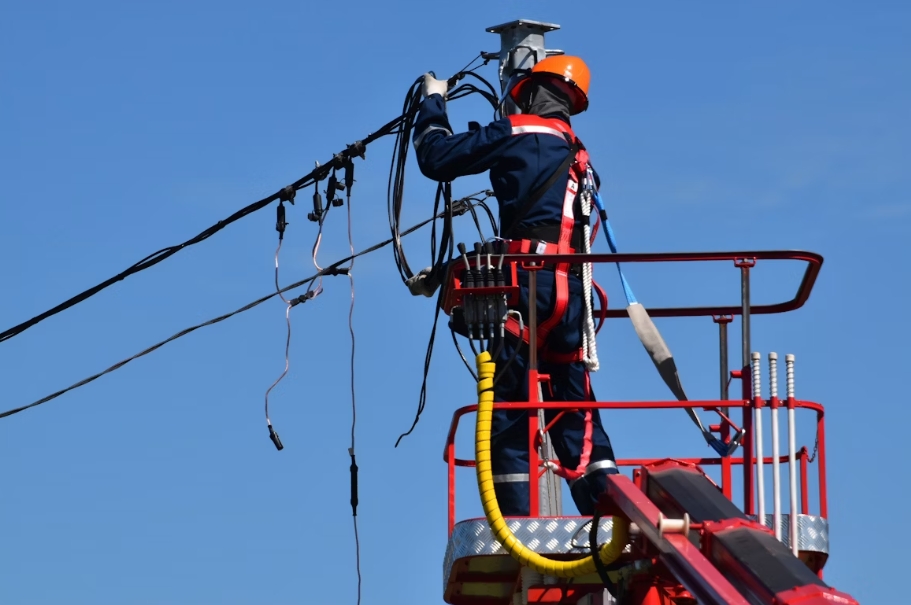A licensed electrician can do so much in the electrical industry based on their specialization and preferred paths of exploration. By specializing, electricians are able to address specific electrical needs with targeted precision and accuracy.
Knowing the types of electricians that exist and what they can achieve for your home or business is important in choosing the right electrician for your home. Below, we’ll look at some of the most common types of electricians based on their areas of specialization, so you can choose wisely for your next projects.
Residential Electricians
A residential electrician installs, maintains, repairs, and updates domestic residential systems in spaces such as homes, apartments, detached houses, condos, and more. They focus on solving less complex electrical issues like installing and fixing lighting systems, troubleshooting security systems, and servicing other household utilities.
The best residential electricians are always updated on evolving technologies in their space, such as smart home systems and energy-efficient electrical solutions. They ensure that every electrical component, from wires to appliances, operates optimally for uninterrupted, smooth family life.
Industrial Electricians
You only look for an industrial electrician if you’re managing a large business enterprise, mostly in the manufacturing, processing, and warehousing industries. Industrial electricians will help with large-scale electrical projects across industry facilities, making sure complex industrial electrical systems are constantly in perfect shape to minimize power disruptions and related problems.
Since they handle complicated machinery, they undergo more specific, complex training procedures than their residential and commercial counterparts. This way, they can handle the toughest electrical roles and work under the supervision of the facility’s manager and supervisor.
Commercial Electricians
A commercial electrician offers slightly upgraded electrical installation, maintenance, and servicing solutions targeting clients in the business world. They mostly offer all types of electrical services from lighting to electrical connections in offices, financial entities, and institutions. When it comes to the complexity of services offered, commercial electricians fall somewhere in between residential and industrial electricians.
This is because the electrical problems they tackle are somehow more complex than what residential electricians tackle. However, these problems aren’t too complicated to match what industrial electricians handle. Commercial electricians are also sometimes contracted to design and map out the safe electrical framework of new buildings under construction.
Automotive Electricians
An automotive electrician comes in handy when you need an expert in installing and maintaining the electrical systems found in motor vehicles. They can offer diagnostic procedures, maintain drivetrain systems, and performance electronics, among other aspects of motor vehicle electronics. Whether it’s at a commercial or personal setup, they can help you solve your automotive electrical problems without strain.
Highway Systems Electricians
It doesn’t matter whether you call them highway systems electricians or highway electrical systems electricians; what matters is the good work they do installing, maintaining, repairing, and upgrading the electrical infrastructure erected along major roads.
These professionals ensure the traffic management systems, signages, and traffic lights work perfectly well for safer roads. They’re trained, certified, and licensed to work with road system electronics, making them the go-to electricians for maintaining safe and sustainable highway electronic solutions nationwide.
Electrical work is a crucial aspect of any building or infrastructural development program for individual and organizational projects. By understanding the various types of electricians that exist based on specialization, you can easily choose the best one for your specific project for successful and safe electrical work.





























